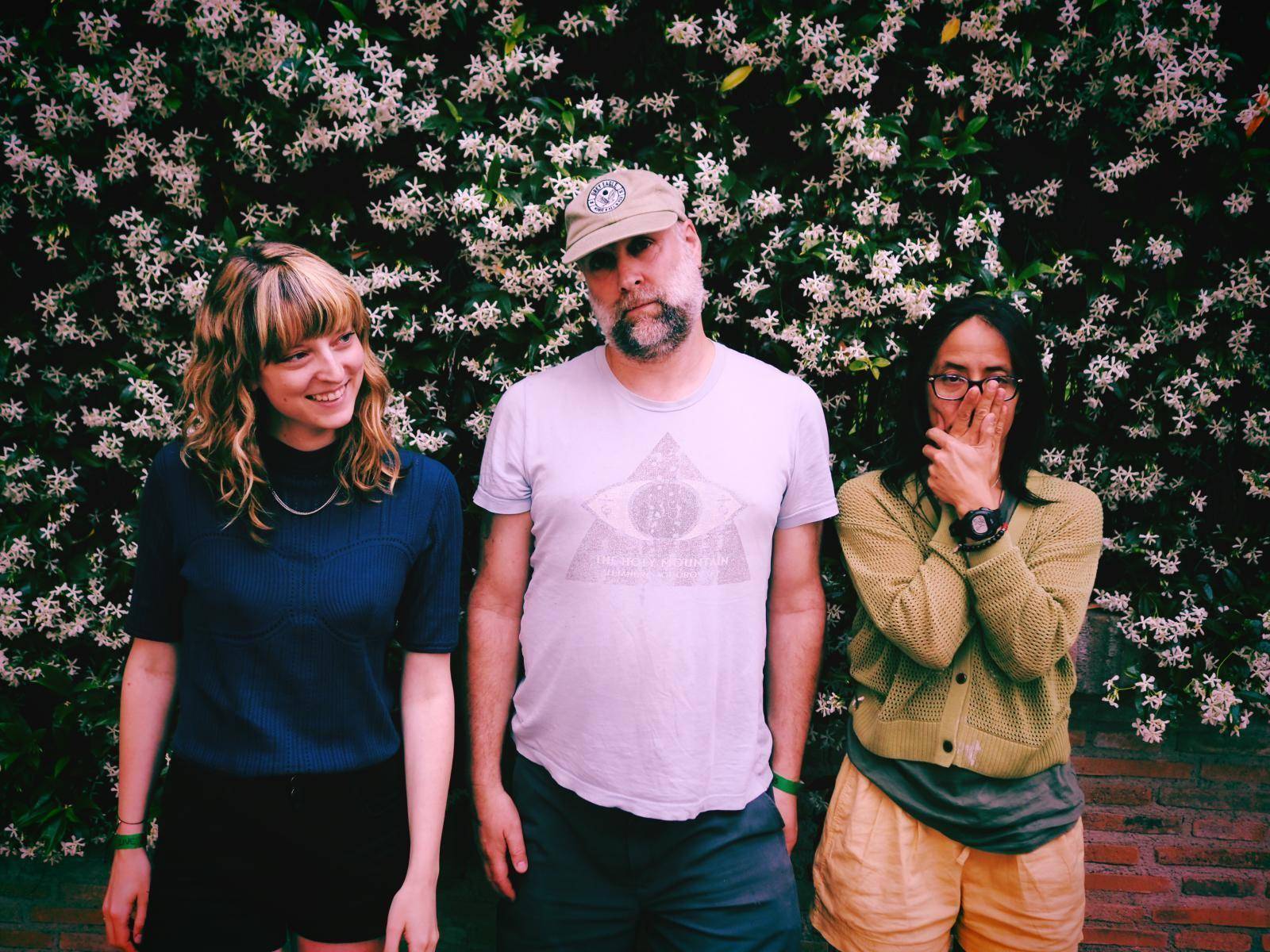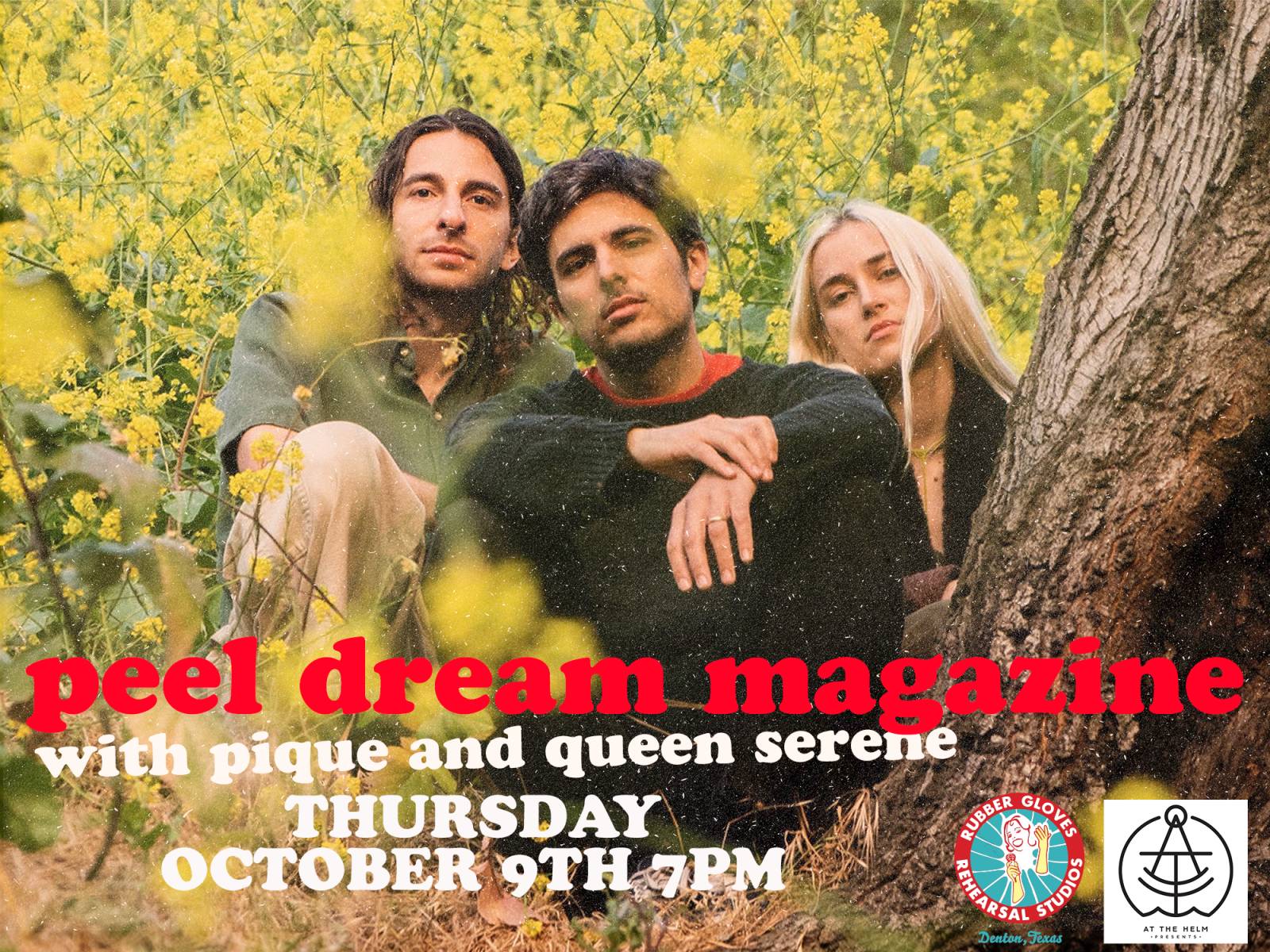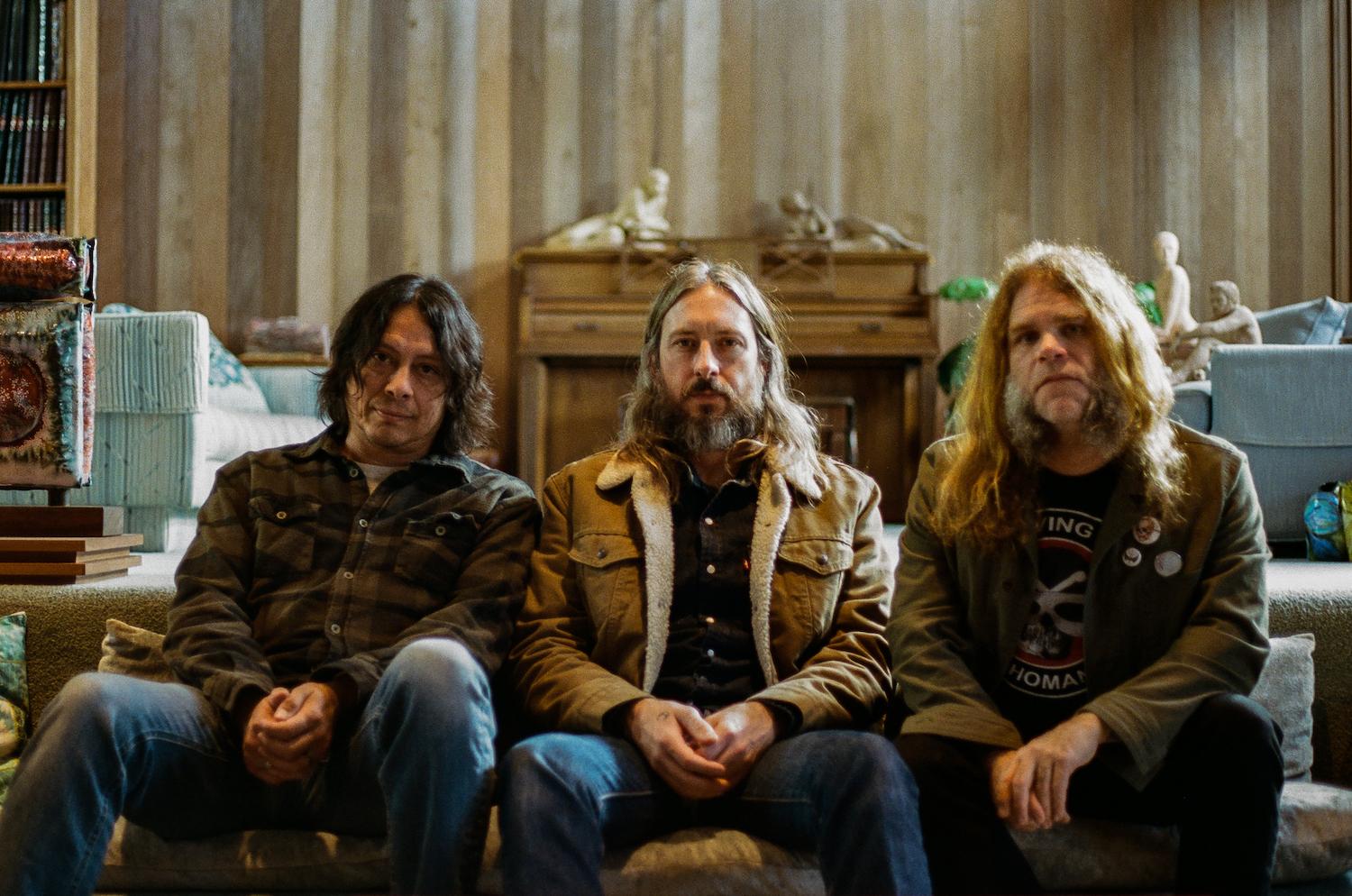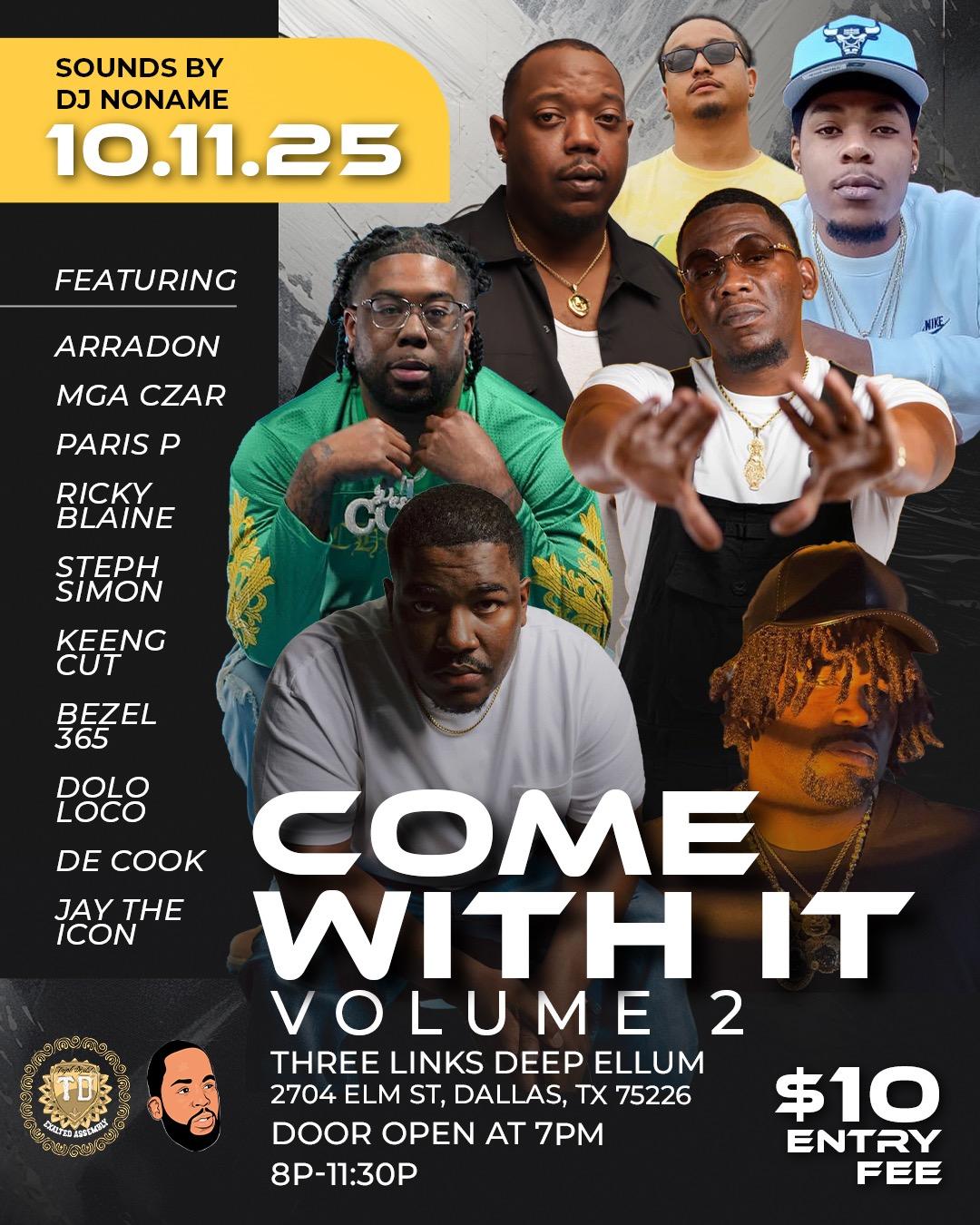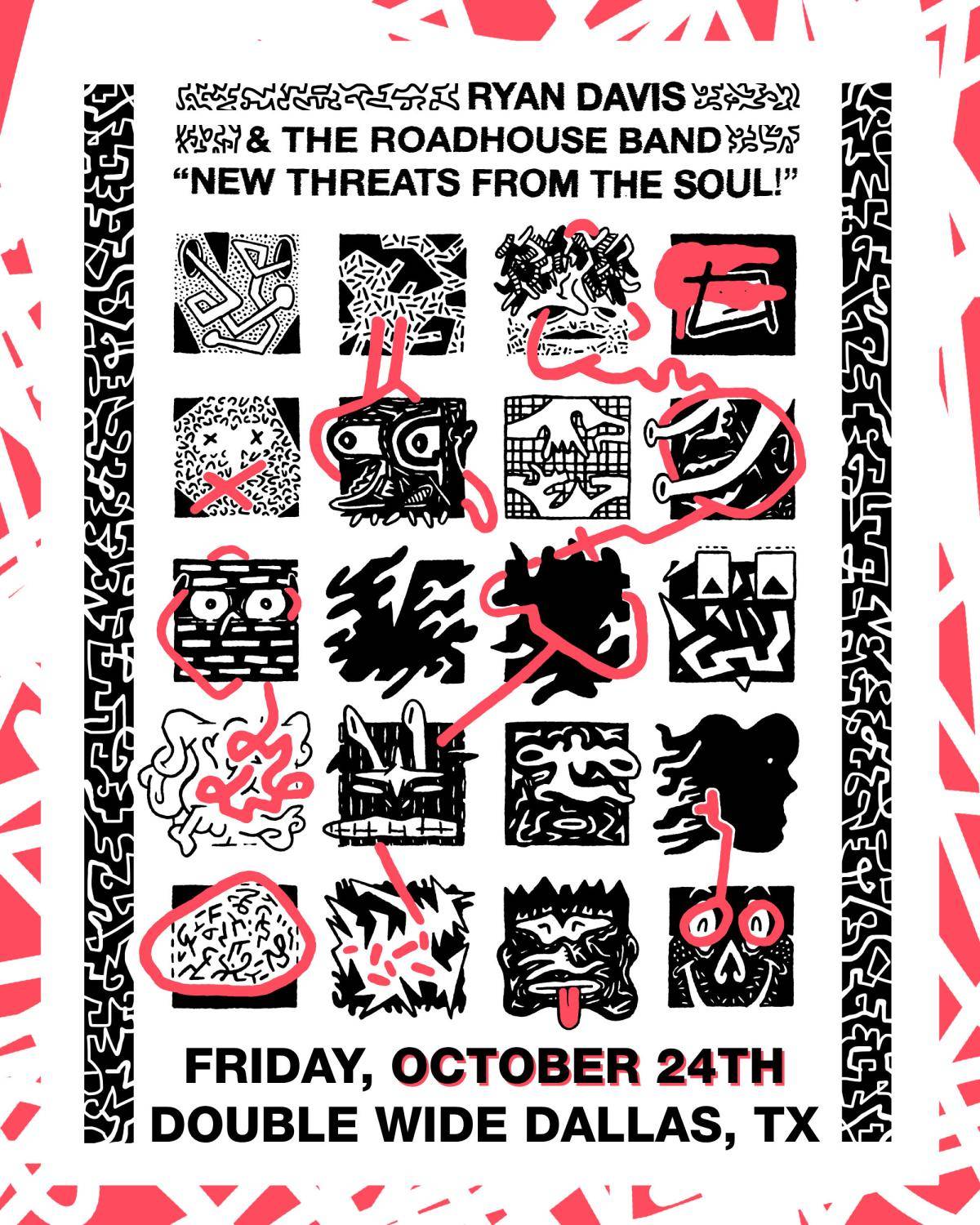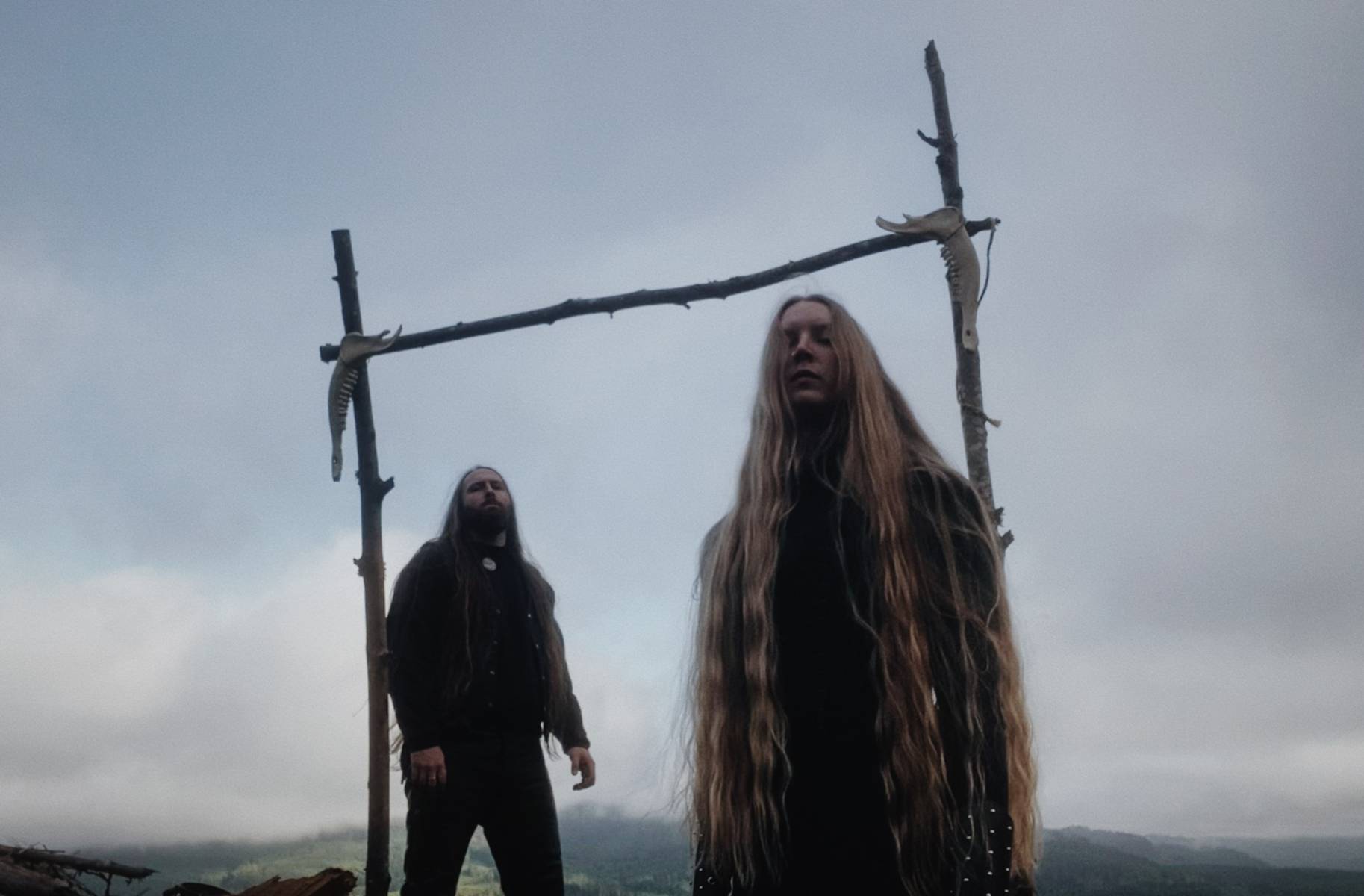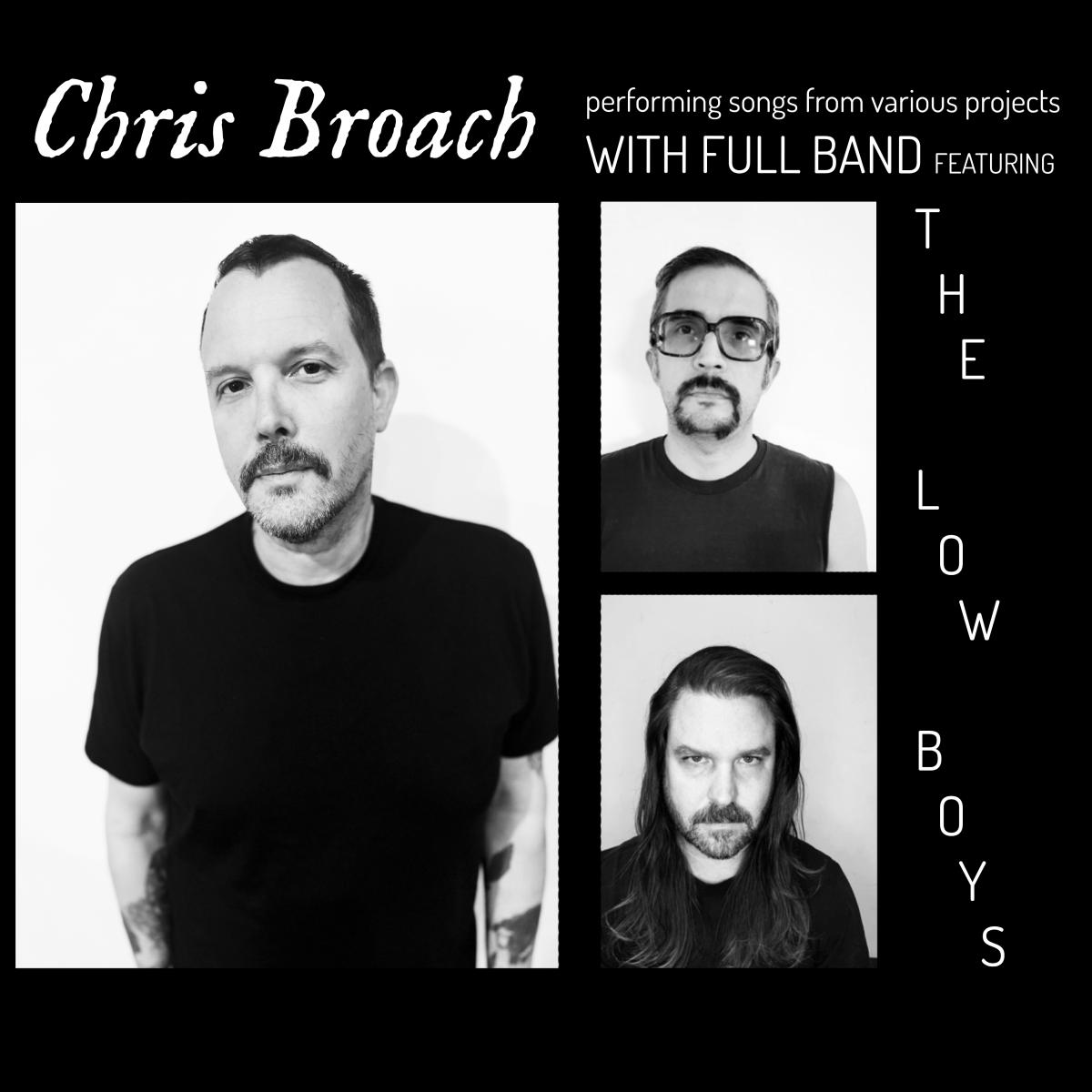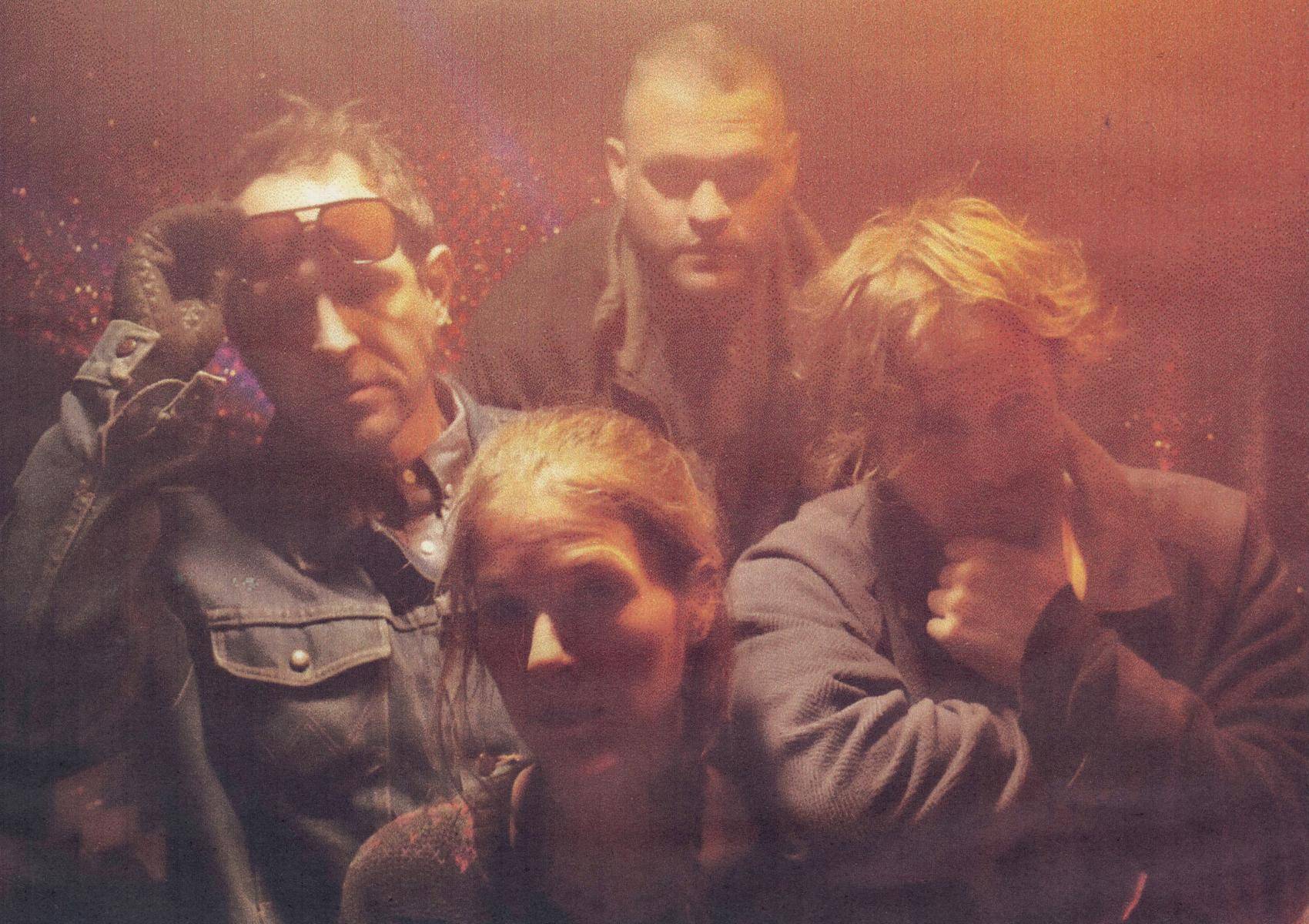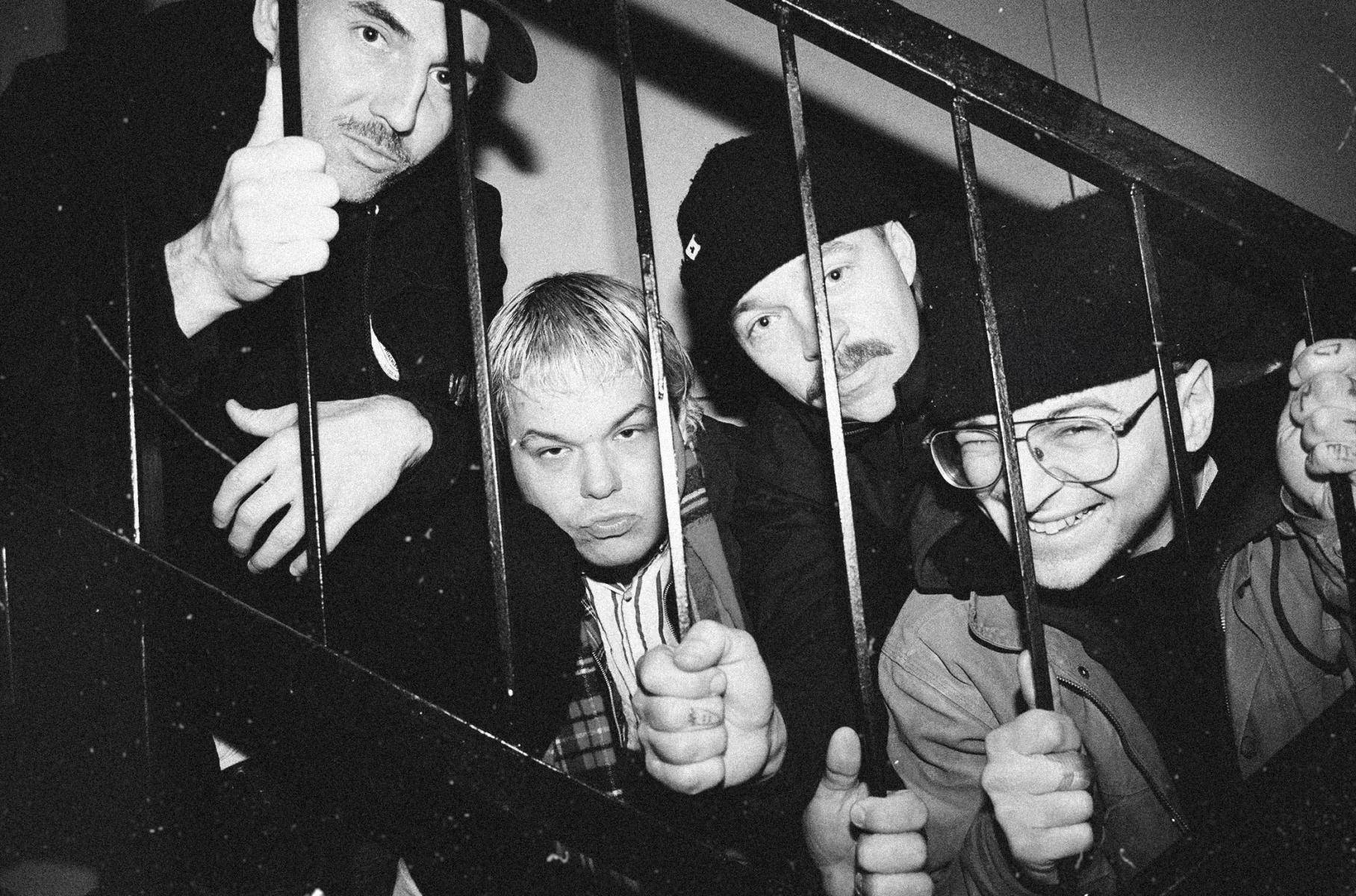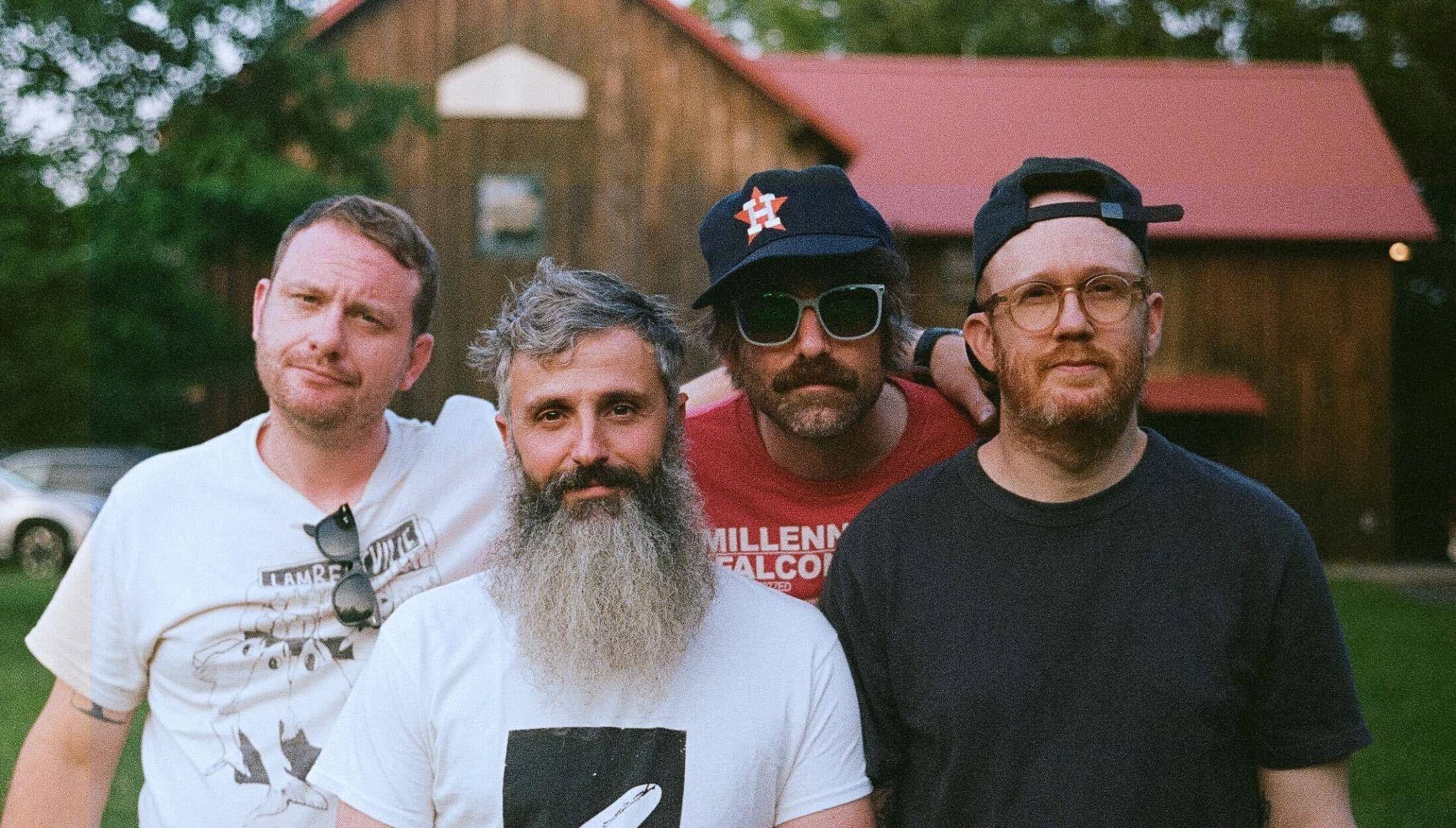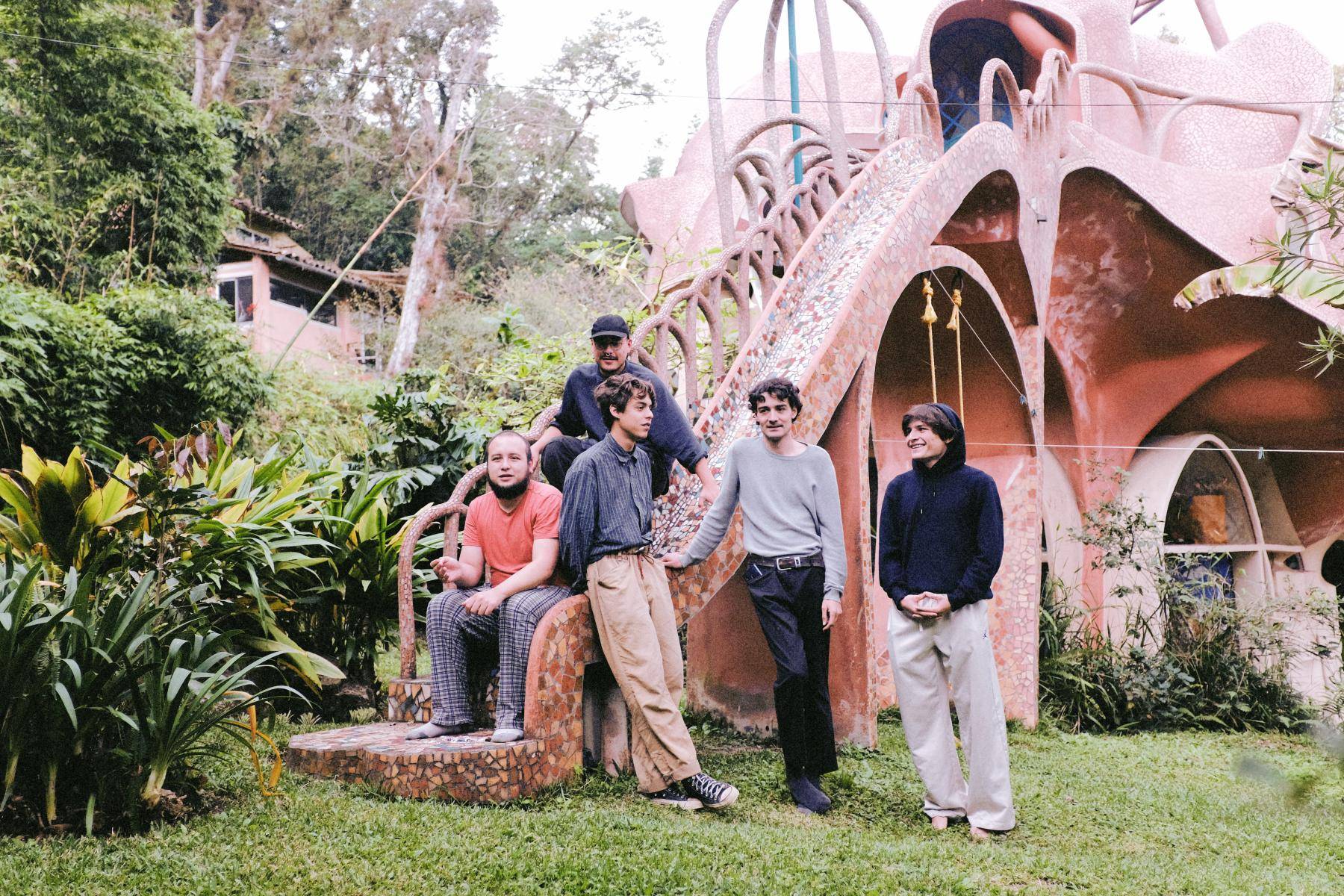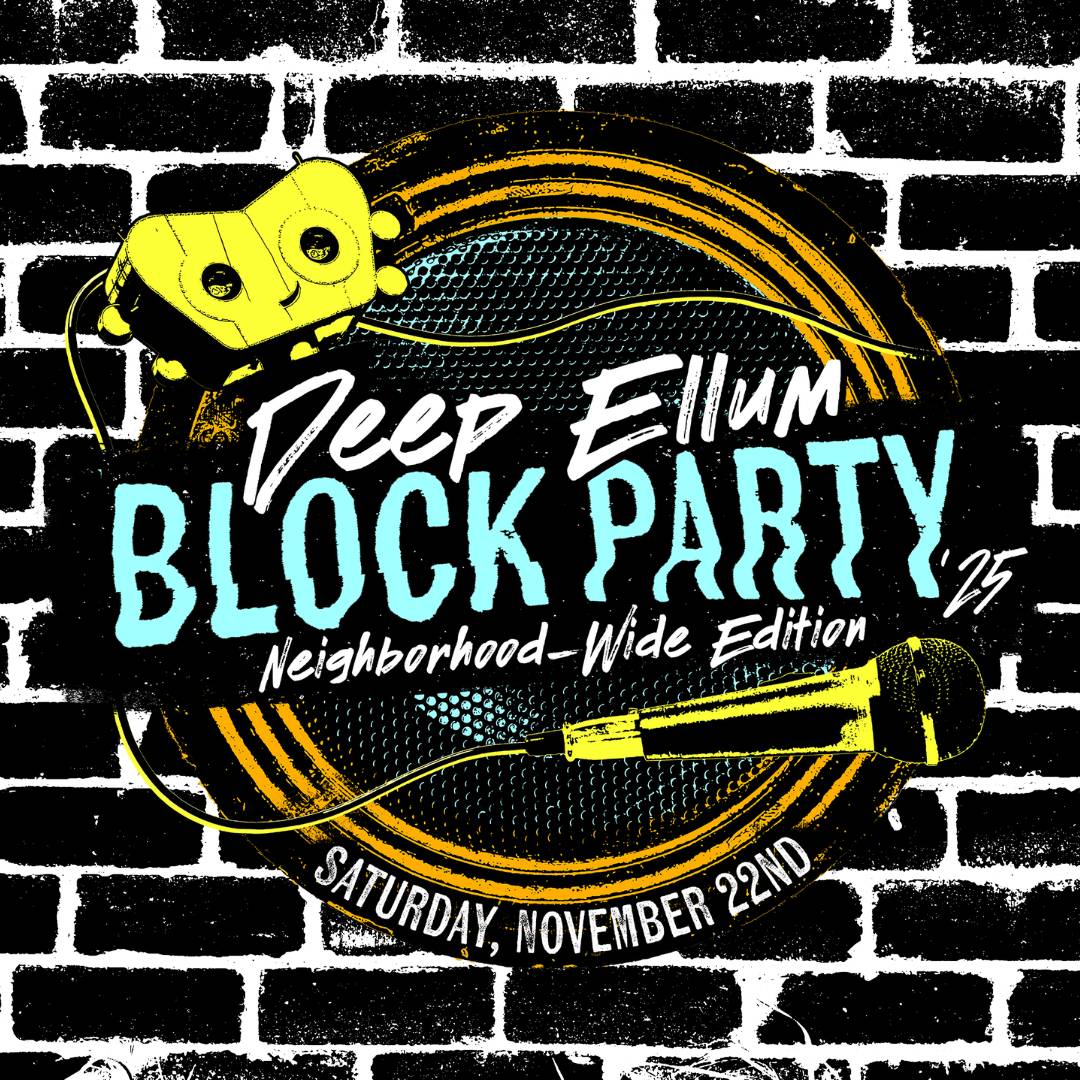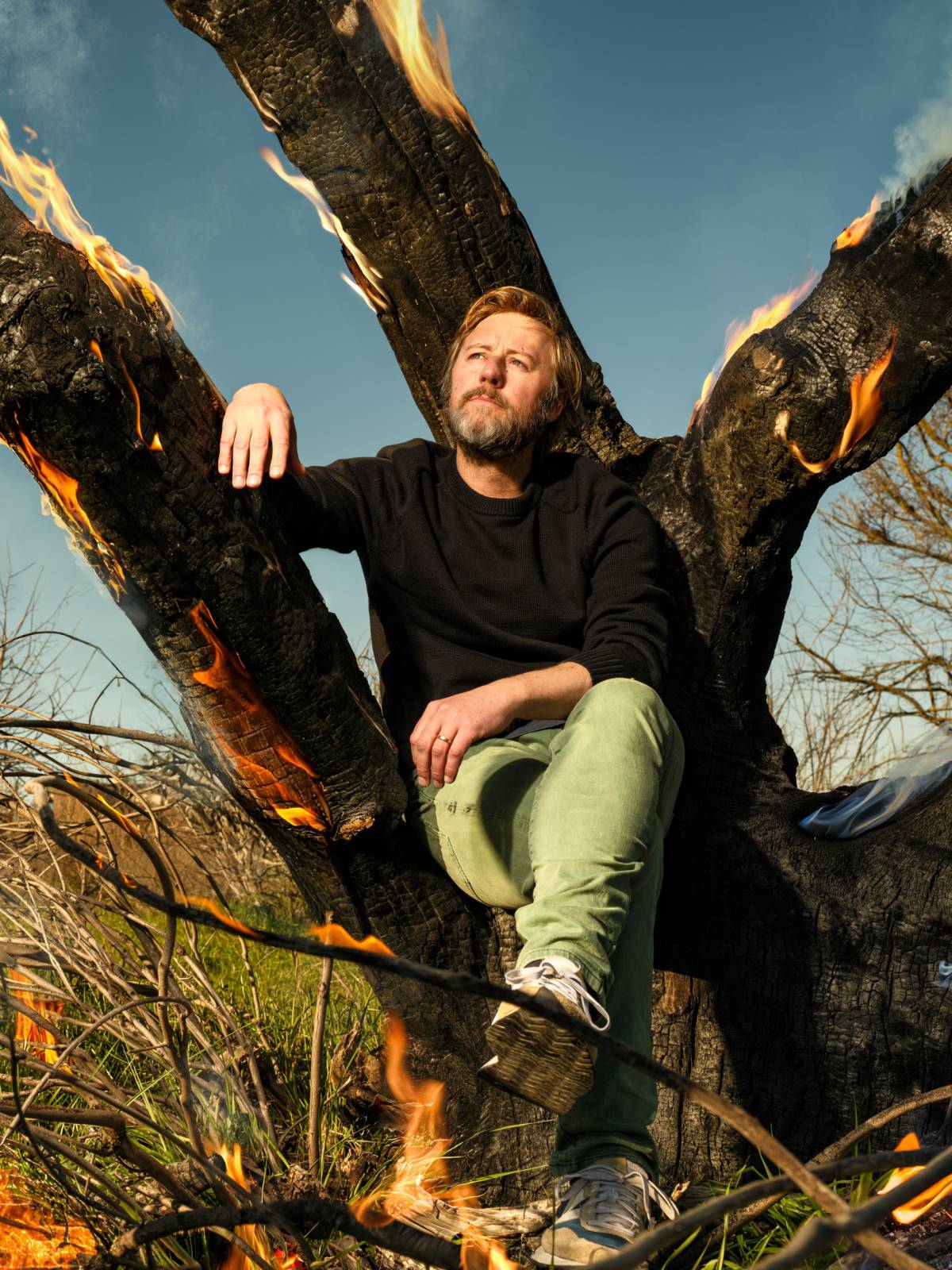There are no upcoming events in this category
Saturday
September 20
Doors 7:00pm, Start 8:00pm
Rubber Gloves Rehearsal Studios
-
Denton, TX
Friday
September 26
Doors 8:00pm, Start 9:30pm
Texas Theatre
-
Dallas, TX
Thursday
October 2
Doors 7:00pm, Start 8:00pm
Rubber Gloves Rehearsal Studios
-
Denton, TX
Friday
October 3
Doors 7:00pm, Start 8:00pm
Rubber Gloves Rehearsal Studios
-
Denton, TX
Tuesday
October 7
Doors 7:00pm, Start 8:00pm
Rubber Gloves Rehearsal Studios
-
Denton, TX
Thursday
October 9
Doors 7:00pm, Start 8:00pm
Rubber Gloves Rehearsal Studios
-
Denton, TX
Friday
October 10
Doors 7:00pm, Start 8:00pm
Three Links Deep Ellum
-
Dallas, TX
Wednesday
October 15
Doors 7:00pm, Start 8:00pm
Rubber Gloves Rehearsal Studios
-
Denton, TX
Friday
October 17
Doors 7:00pm, Start 8:00pm
Rubber Gloves Rehearsal Studios
-
Denton, TX
Thursday
October 23
Doors 7:00pm, Start 8:00pm
Texas Theatre
-
Dallas, TX
Sold Out
Friday
October 24
Doors 7:00pm, Start 8:00pm
Rubber Gloves Rehearsal Studios
-
Denton, TX
Friday
October 24
Doors 8:00pm, Start 9:00pm
The Double Wide
-
Dallas, TX
Friday
November 7
Doors 7:00pm, Start 8:00pm
Granada Theater Dallas
-
Dallas, TX
Thursday
November 13
Doors 7:00pm, Start 8:00pm
Rubber Gloves Rehearsal Studios
-
Denton, TX
Monday
November 17
Doors 7:00pm, Start 8:00pm
Rubber Gloves Rehearsal Studios
-
Denton, TX
Thursday
November 20
Doors 7:00pm, Start 8:00pm
Rubber Gloves Rehearsal Studios
-
Denton, TX
Friday
November 21
Doors 7:00pm, Start 8:00pm
Rubber Gloves Rehearsal Studios
-
Denton, TX
Friday
November 21
Doors 8:00pm, Start 9:00pm
Rubber Gloves Rehearsal Studios
-
Denton, TX
Friday
January 16
Doors 7:00pm, Start 8:00pm
Texas Theatre
-
Dallas, TX
Tuesday
January 20
Doors 7:00pm, Start 8:00pm
Granada Theater Dallas
-
Dallas, TX












